Insights from 8 Books on Reflection
I read eight books on reflection this month. I chose to interpret the topic fairly broadly, with my reading covering not just thinking itself, but therapy, meditation, journaling and philosophy. Those interested in the previous seven reading lists for my year-long Foundations project can check them out here: 1-Minute Summary of What I Learned Our […] The post Insights from 8 Books on Reflection appeared first on Scott H Young.
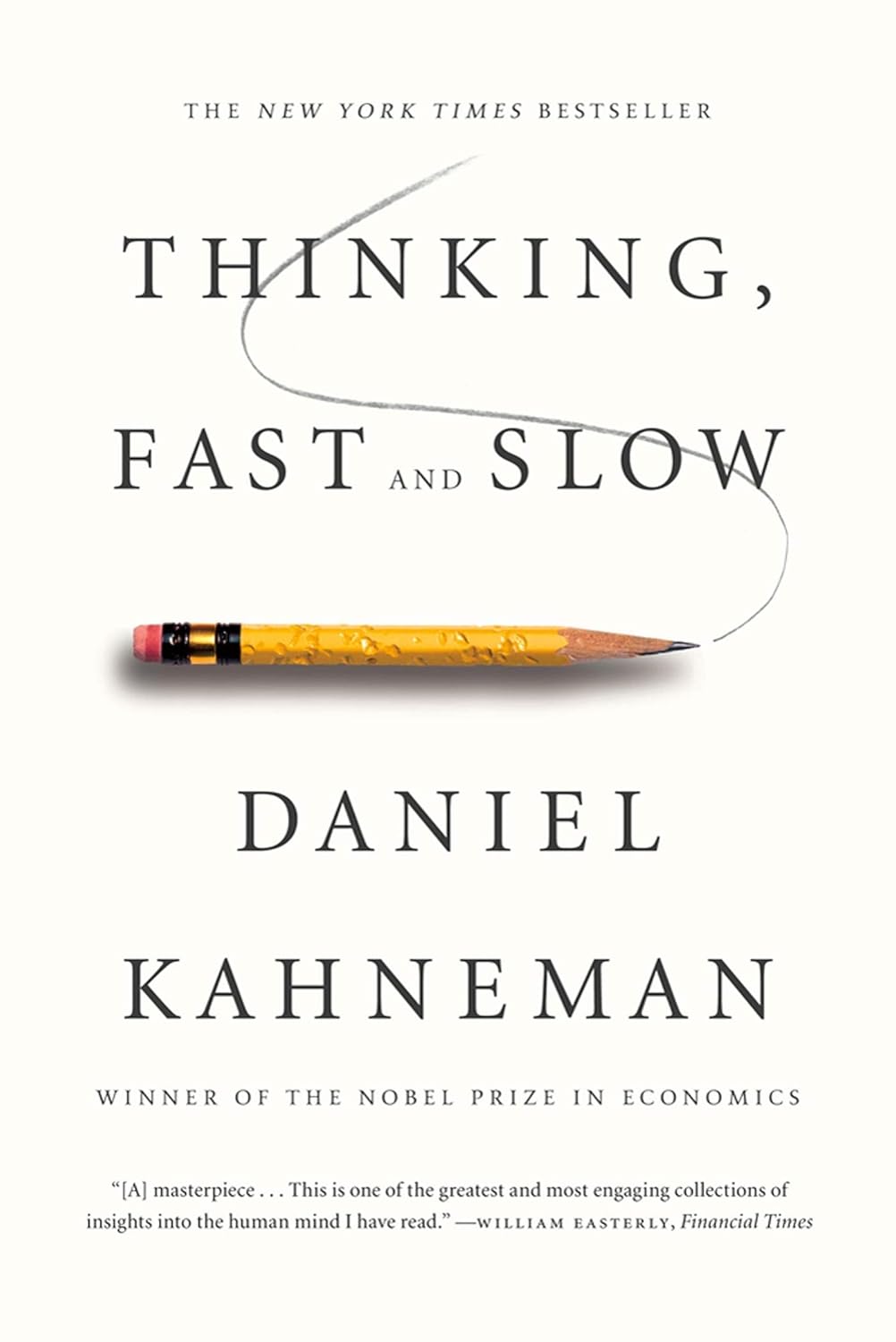
I read eight books on reflection this month. I chose to interpret the topic fairly broadly, with my reading covering not just thinking itself, but therapy, meditation, journaling and philosophy.
Those interested in the previous seven reading lists for my year-long Foundations project can check them out here:
1-Minute Summary of What I Learned
Our quality of life is largely a function of the quality of our thinking, both in the long-term (good thinking means good decisions and better coping) and in the short-term (you are what you pay attention to). This makes reflection one of our most important foundations.
But changing habits of thought is hard. Imploring yourself to “try not to think of a white elephant!” leads immediately to picturing an albino pachyderm. Telling yourself to think and feel a certain way often backfires, and we get stuck in cycles of depression, anxiety, anger or subclinical (but still significant) patterns of maladaptive thinking.
Despite these difficulties, it is possible to think better. By now, we have good evidence for two different avenues of changing our thinking:
- Cognitive therapy – Which works by teaching us to try to catch our thoughts and, instead of contradicting them, open them up to doubt and self-experimentation.
- Mindfulness – Instead of doubting or experimenting, mindfulness teaches us not to get wrapped up in thoughts and feelings at all, instead observing them as sensations detached from specific judgements and reactions.
Writing things down, although not a panacea, is one way to create a space for improving how we think.
The Eight Books I Read on Reflection
1. Thinking, Fast and Slow by Daniel Kahneman
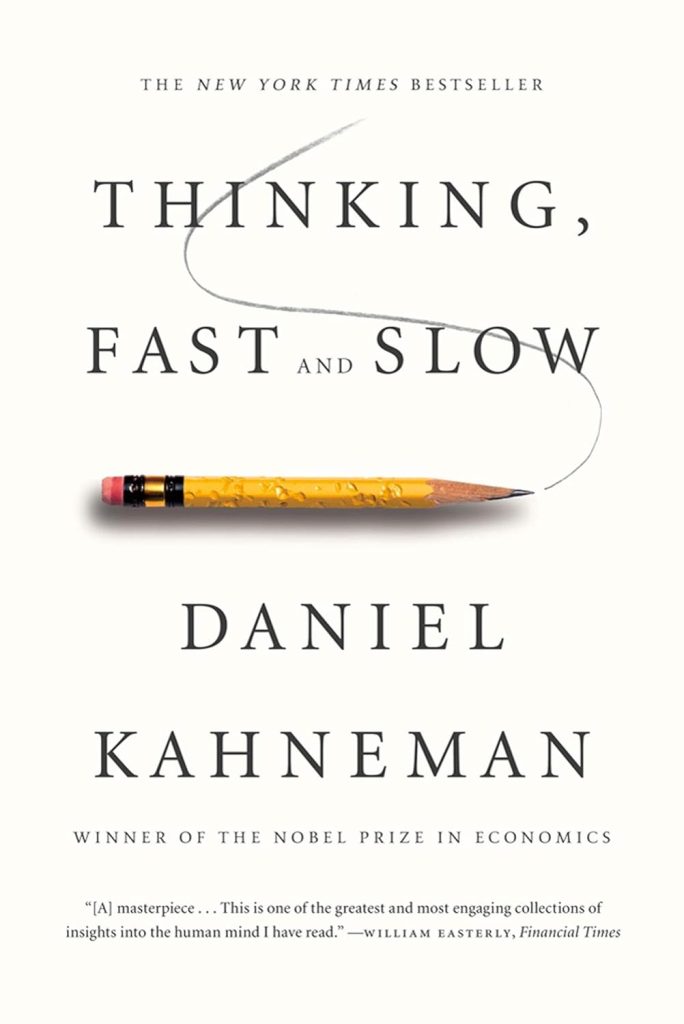
Kahneman considers two different systems that rule our lives:
- System One is fast, effortless and intuitive. It’s good at pattern-matching and stereotyping, but also likes to swap hard questions, such as “How happy am I in life?”, with easier ones, like “How do I feel right now?”
- System Two is effortful and calculating. It allows us to apply abstract rules and integrate information. System One is our default—we only switch to System Two when intuition conspicuously fails.
This was my second read of this book. I first read Thinking when it came out. Reading it for a second time was enhanced considerably by some of my adjacent reading in cognitive psychology, especially Philip Johnson-Laird’s work on mental models, ACT-R and other developments in cognitive psychology.
In this book, Kahneman illustrates the mistakes in our reasoning, but his greatest contribution here is sussing out what those mistakes tell us about how our mind actually works. Just as visual illusions teach us more about how vision works than when we see things “correctly,” cognitive illusions teach us more about our mental machinery than when people typically get the right answer.
2. The Scout Mindset by Julia Galef
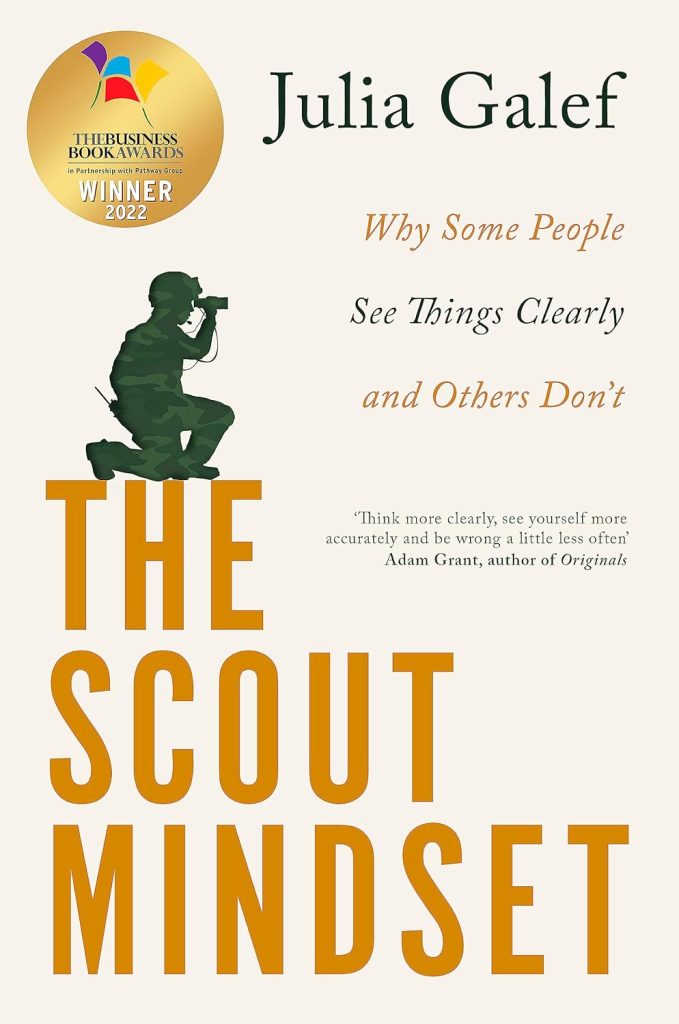
Galef compares two styles of thinking:
- Soldiers, who try to defend and win arguments.
- Scouts, who try to understand the objective terrain.
Most of us default to being soldiers—trying to prove why we’re right and they’re wrong—rather than scouts who simply want to survey the terrain.
I enjoyed Galef’s book, and she does a good job of handling basic objections to the ideal of being more rational, such as the spurious belief that self-deception is necessary for politics, success or happiness. Still, I couldn’t help notice the meta self-contradiction of a soldierly book carefully defending a scout mindset against attacks from those predisposed to various forms of self-deception.
3. Altered Traits by Daniel Goleman and Richard Davidson
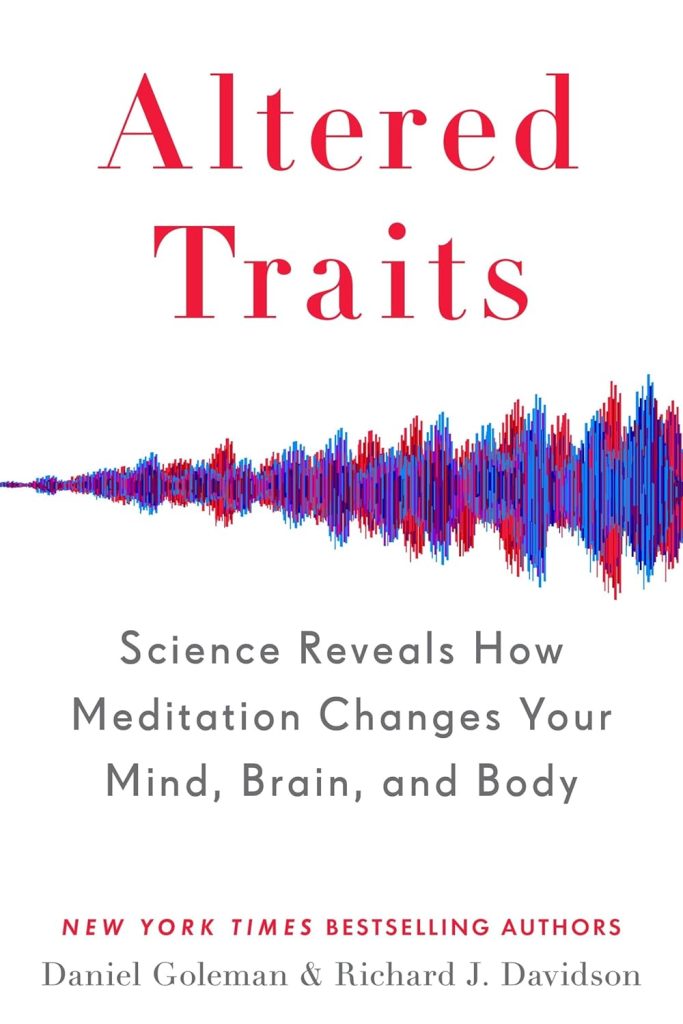
Does long-term meditation practice have an enduring impact on how your mind works?
This is the question Goleman and Davidson hope to answer in the affirmative, while trying to be mindful of the biases and poor study designs that impact a lot of ardent mindfulness research.
In the end, they find that it does, with some of the most compelling evidence coming from brain scans of expert meditators. Enlightenment doesn’t come cheap, however, with far more than 10,000 hours of meditation needed to see the most dramatic effects.
I doubt this book would do much to persuade mindfulness fans or skeptics either way, but I did find it to be a useful overview of what research has been conducted (albeit, presented by two advocates of greater mindfulness). My own experience with meditation is that mindfulness is valuable, but it is far from clear that the benefits of daily meditation reach the evidence bar to suggest it as a universal prescription.
4. The Artist’s Way by Julia Cameron
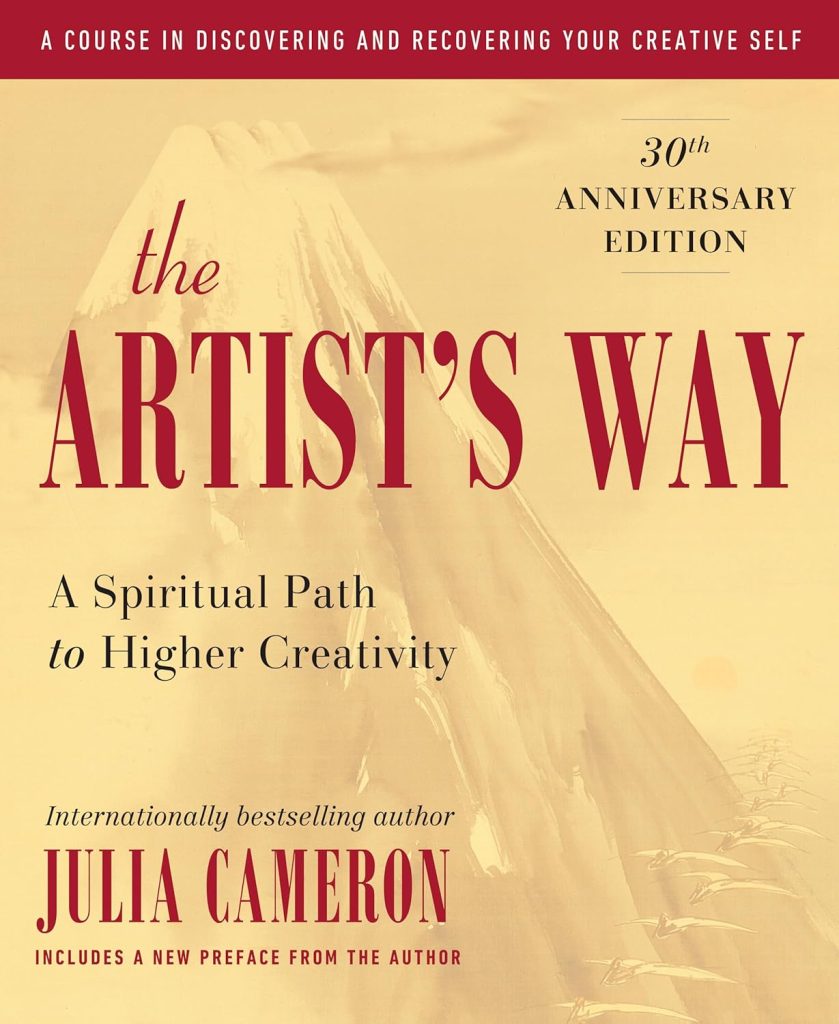
Unleash your God-given creativity by allowing divine energy to flow through you and unlock a creative life.
Normally, books with this kind of framing put me off. But I found myself enjoying this classic in spite of the woo.
Cameron’s advice is essentially about how you can overcome your own fears and internal blocks by being more spontaneous and less inhibited. In many ways, it’s the opposite mindset of Galef’s—allowing for more System One thinking with less System Two supervision and monitoring. However, for domains of creativity—or any domain that relies more on fluency than control—this is probably good advice.
I particularly enjoyed her advice of free, spontaneous writing and an “artist’s date” where you go by yourself on a small outing for inspiration.
5. The New Diary by Tristine Rainer
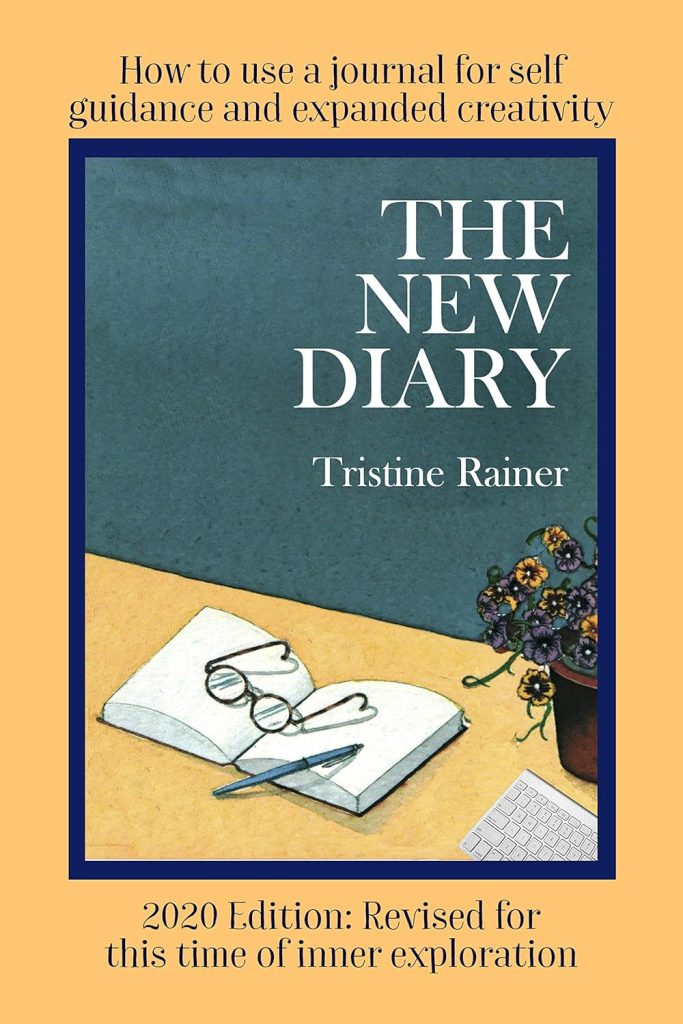
I’ve always preferred the term “journal” to “diary,” possibly because of the latter’s feminine connotations, but also because I associate “diaries” with my grandmother’s long-standing practice of dutifully recording the day’s mundane events. Keeping a journal, for me, has never been about documenting but about getting my thinking out to solve problems.
I found Rainer’s book to be very much in the spirit of my original journaling efforts, although she opened me up to many more functions that keeping a journal can provide, ranging from emotional catharsis to role-playing, creative free-association, and exploration of thoughts and drives that may not be acceptable to share publicly.
6. Cognitive Behavioral Therapy by Jason M. Satterfield
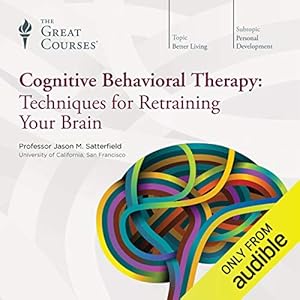
Last year, I did a deep dive into CBT which I shared in this article. Rather than re-read Judith Beck’s book, which I enjoyed, I chose to listen to this course by Jason Satterfield instead.
While the material and concepts were quite familiar, I found the included snippets of therapy sessions to be helpful for contextualizing what CBT actually looks like in practice, much more so than the transcripts I’ve seen elsewhere.
Given the impressive evidence base supporting CBT, I think it’s a shame that the basic theory and methodology aren’t more widely taught and understood.
7. What You Can Change and What You Can’t by Martin Seligman
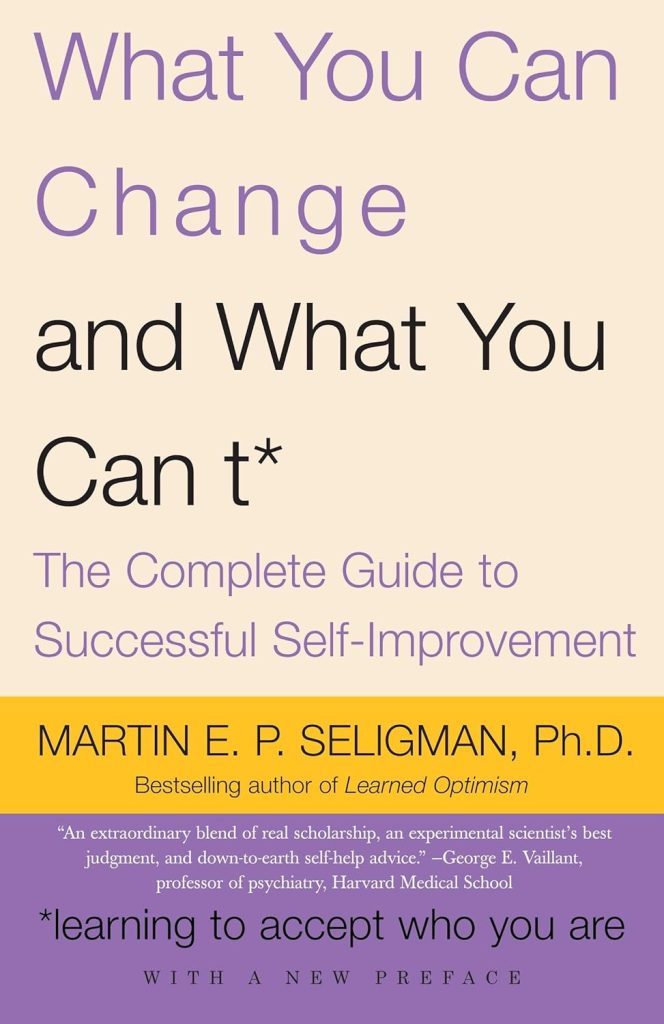
I remember reading this book in paperback decades ago, but I decided to listen to the abridged audiobook version for a refresher. Seligman covers a number of well-studied areas, ranking them in terms of their ease of modifiability.
Mood disorders, such as depression and anxiety, are largely changeable. Sexual performance is changeable, but sexual and gender identity is much more rigid. Diets don’t work, and hence sustained weight-loss is largely a pipe dream.1
8. Meditations by Marcus Aurelius
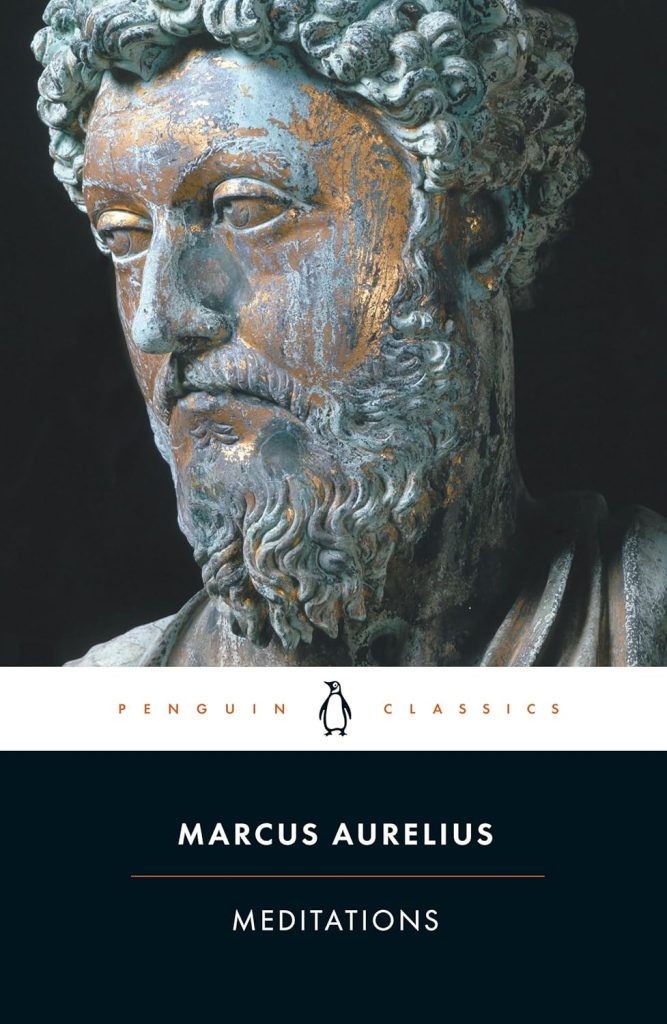
A classic of Stoicism, Aurelius invites the reader to view life dispassionately, pursue justice and remember that we’ll all be dead soon anyway, so don’t worry so much.
I hadn’t known that this book was a journal, thoughts that Aurelius addressed to himself rather than an imagined future audience. Knowing that changes the reading experience. Instead of coming off as preachy, we see a man clearly struggling with following his own advice and wanting to continually remind himself of his ideals.
This book didn’t do much for me. Where they overlap, I’ve always preferred the Buddhist conception of the aims of human experience rather than those of Stoicism. Both seem grounded in denying illusion, warding off desire and maintaining equanimity. But Stoicism has always struck me as a more negative approach to the problem, trying to rid oneself of weakness, without cultivating the positive qualities of compassion found in Buddhism.
Perhaps the fault is with me. Aurelius frequently weighs two competing possibilities: either the universe is all logos or all atoms. He weighs both options, but ultimately lives in accordance with a belief in the former. But since I think Democritus was right on that point, I find it harder to take solace in Aurelius’s conclusions.
_ _ _
That’s it for today. Next week, I’ll share some of my personal updates from journaling (almost) every day this month, and share some updates on my previous seven foundations.
The post Insights from 8 Books on Reflection appeared first on Scott H Young.






























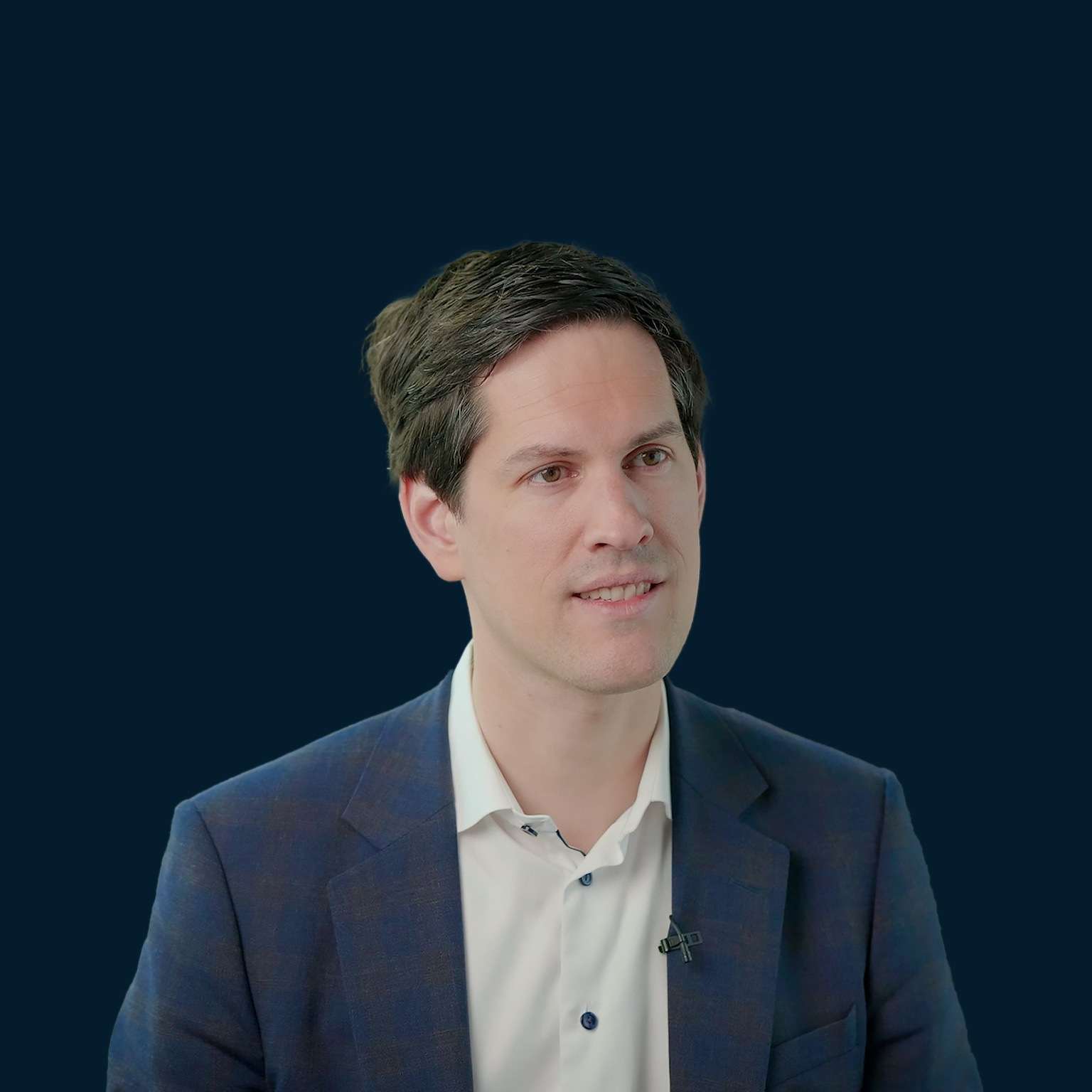

















































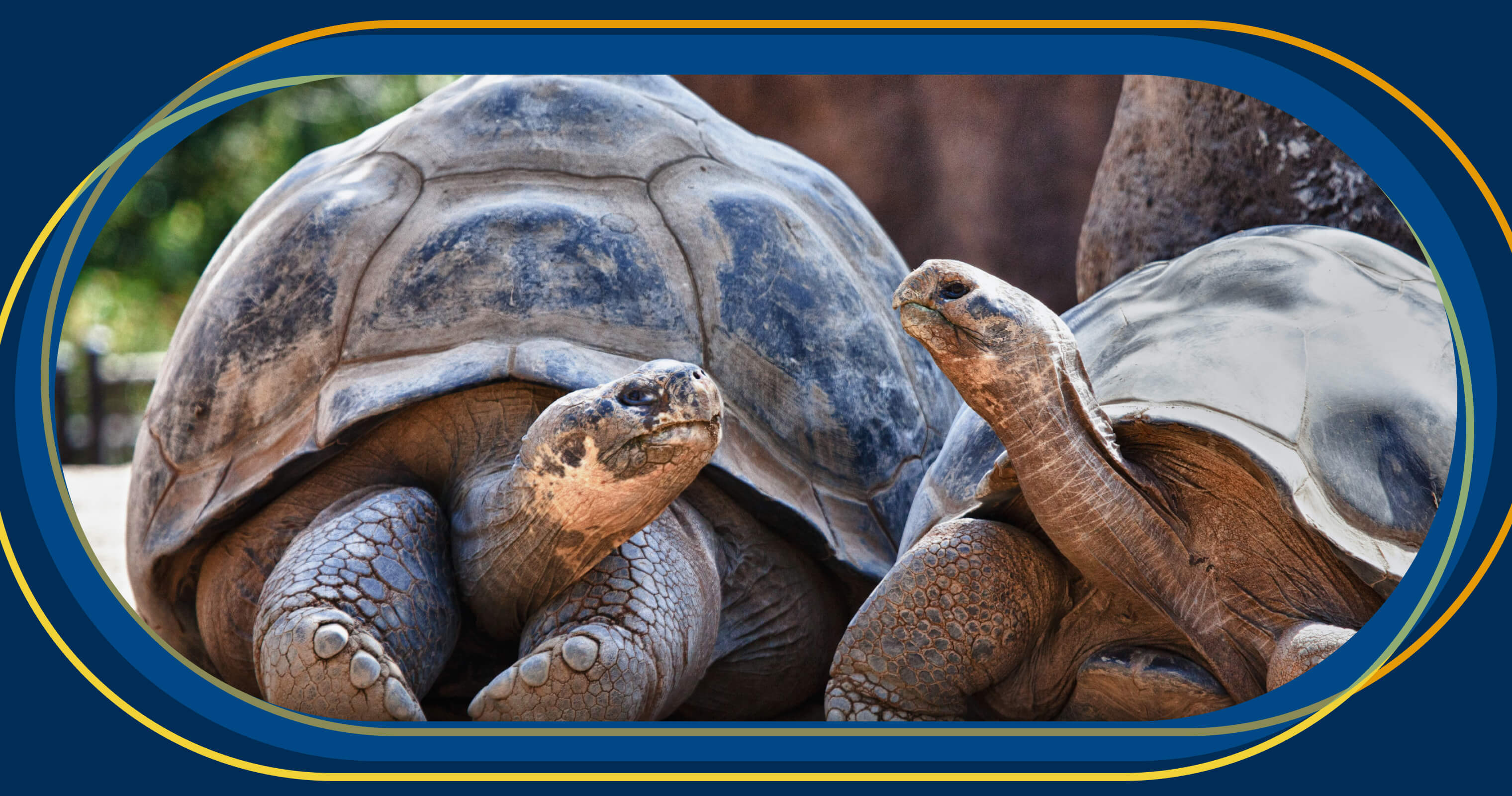
























![Building A Digital PR Strategy: 10 Essential Steps for Beginners [With Examples]](https://buzzsumo.com/wp-content/uploads/2023/09/Building-A-Digital-PR-Strategy-10-Essential-Steps-for-Beginners-With-Examples-bblog-masthead.jpg)














![How to Use GA4 to Track Social Media Traffic: 6 Questions, Answers and Insights [VIDEO]](https://www.orbitmedia.com/wp-content/uploads/2023/06/ab-testing.png)


































